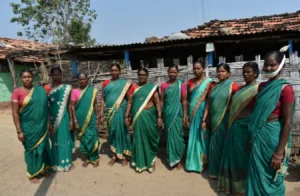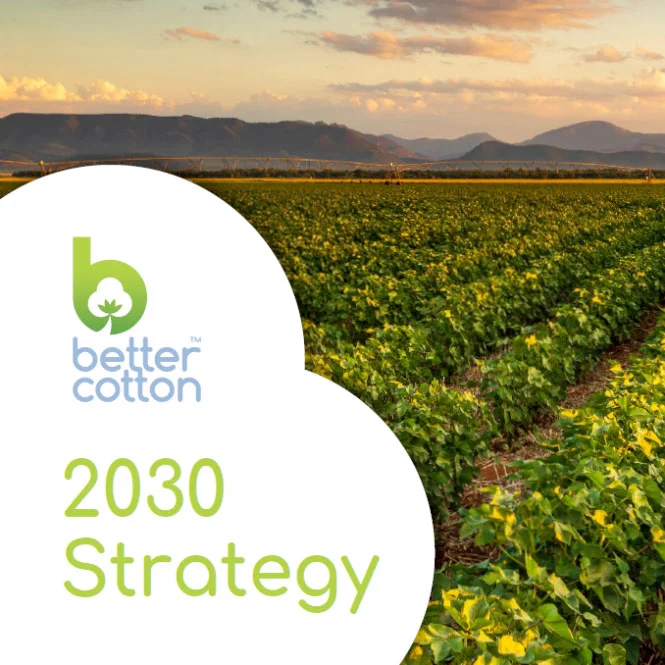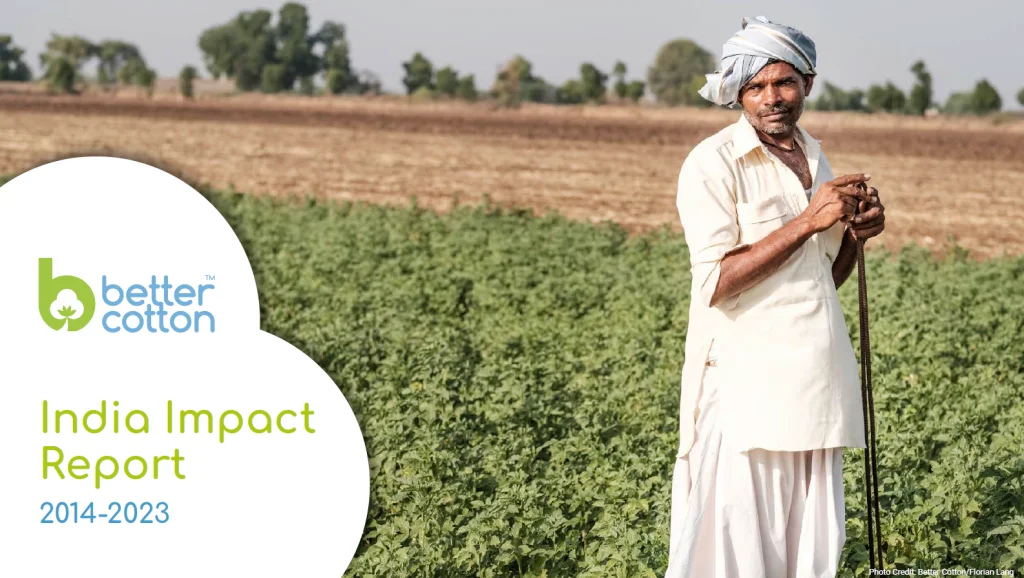- Who we are
- What we do
In just over 10 years we have become the world’s largest cotton sustainability programme. Our mission: to help cotton communities survive and thrive, while protecting and restoring the environment.
- Where we grow
Better Cotton is grown in 22 countries around the world and accounts for 22% of global cotton production. In the 2022-23 cotton season, 2.13 million licensed Better Cotton Farmers grew 5.47 million tonnes of Better Cotton.
- Our impact
- Membership
Today Better Cotton has more than 2,700 members, reflecting the breadth and diversity of the industry. Members of a global community that understands the mutual benefits of sustainable cotton farming. The moment you join, you become part of this too.
- Associate Membership
- Civil Society Membership
- Producer Organisation Membership
- Retailer and Brand Membership
- Supplier and Manufacturer Membership
- Find Members
- Member Monitoring
- Better Cotton Platform
- myBetterCotton
- Resources – Better Cotton Conference 2022
- Complaints
- Whistleblowing
- Safeguarding
- Get Involved in the Better Cotton Programme
- Thank you for contacting us
- Better Cotton’s Data Privacy Policy
- Log in
- Members’ Area
- Request for Proposals
- Better Cotton Cookie Policy
- Web Reference
- Measuring Cotton Consumption
- How to Implement the Chain of Custody Standard
- Resources – Better Cotton Conference 2023
- Certification Bodies Old
- Latest
- Sourcing
- Latest
The founding premise of Better Cotton is that a healthy sustainable future for cotton and the people that farm it is in the interests of everyone connected with it.
Let us help you find what you’re looking for
Results for {phrase} ({results_count} of {results_count_total})Displaying {results_count} results of {results_count_total}
Between August 2019 and October 2020, the Deutsche Gesellschaft für Internationale Zusammenarbeit GmbH (GIZ) funded a BCI programme in Maharashtra, India, to engage approximately 140,000 farmers in the Nandurbar, Chandrapur and Nagpur districts.
The programme aimed to promote sustainable environmental and social agricultural practices, with a focus on increasing farmer income through better yields and market connectivity, while also improving environmental and decent work practices.
Case Study: Women’s Self-Help Groups in Chandrapur
Through one of the programme’s workstreams, BCI Implementing Partner Ambuja Cement Foundation (ACF) launched an initiative in the Jiwati block of the Chandrapur district to explore how women’s ‘self-help groups’ could boost women’s incomes through collectively buying cotton and then trading it onwards. The initiative eventually led to 33 self-help groups being set up in the district, with the groups able to benefit from seed capital provided by the local office of the Maharashtra State Rural Livelihood Mission.
One such self-help group was the Jangudevi Women Self-Help Group, who earned a surplus of €1,250 over a three-month period. Read more about their group and this initiative in this first case study from the programme: Sowing the Seeds of Gender Empowerment in Cotton Value Chains of Maharashtra.

Image ©GIZ | One of the women’s groups set up in Chandrapur district.
We will be releasing further case studies from the GIZ-funded programme in the coming weeks and months.


